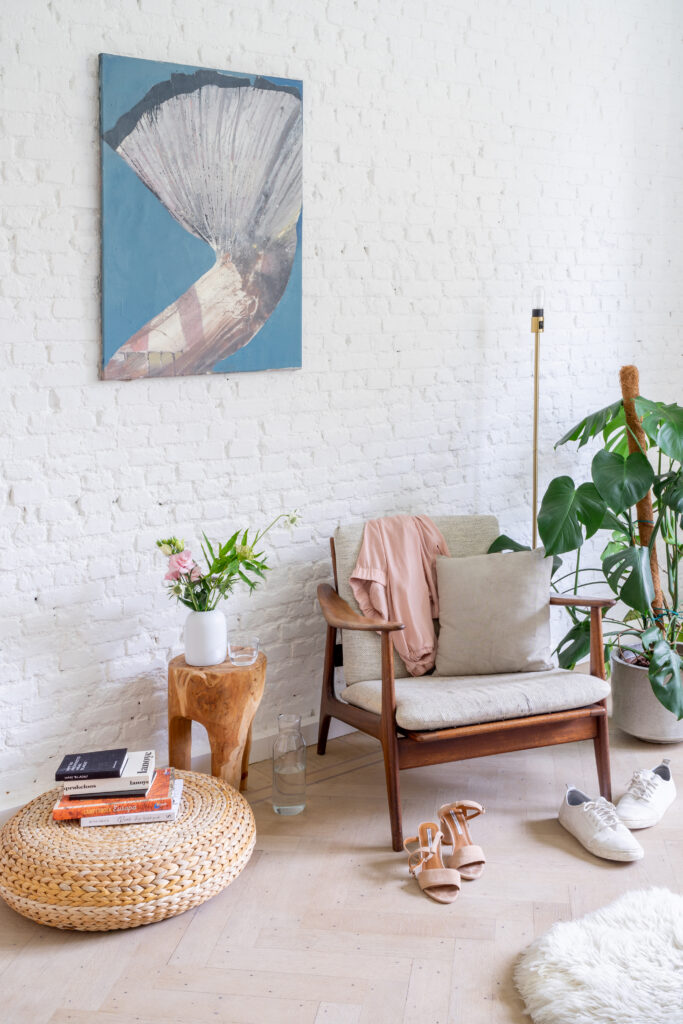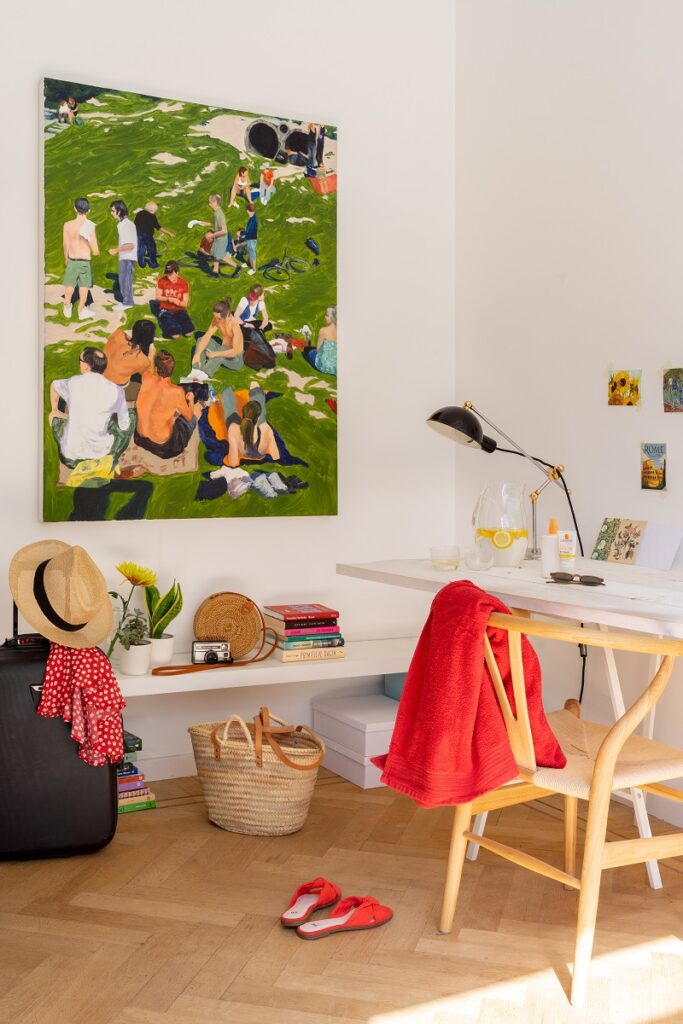Product as a service
What do cars, lighting, carpeting, washing machines and clothes have in common?
You might have already guessed that we think that we have to own them in order to use them. However, that is not at all necessary in the product-as-a-service model.
With some things, using them without owning them has always been the norm. If there’s a book which you want to read just once, you borrow it from the library. You rent a holiday home for a week. You book a one-hour horse riding lesson with an instructor. That’s the wonderful convenience of a service where there is no need to make a purchase.
Naturally, you don’t have to buy that book, that holiday home or that horse. You buy the service. You don’t have to worry about storing the book after you’ve read it, you don’t have to maintain that holiday home when you’re not there, and that horse doesn’t expect food or a clean stable from you. The good news is that the market for things you can buy as a service is on a massive growth curve.
My (shared) car and my freedom
Let’s start with one of the most sensitive topics for many people: their car. Isn’t that car really an extension of your home, your personality and your true self? So, we take the road tax, the insurance, the parking space right in front of the door and even the scratch for granted. However, there is another way, according to the numerous car-sharing systems that have sprung up.
There are a number of Flemish and other municipalities from Brussels that can’t imagine life without the Ghent-based Cambio anymore. The same goes for the electric cars of Poppy in Brussels and Antwerp. In Ghent, Deinze and Mechelen, Battmobiel is venturing into the sharing market with its electric cars. One of the international players is Ubeeqo, which is active in Spain, the UK, Italy, Denmark and Germany, amongst others.
The benefits of shared mobility are numerous, especially as providers do their best to accommodate as many types of car usage and car users as possible. One advantage which may convince even the most stubborn of people is that centralised fleet purchasing makes electric driving, in particular, accessible to a much broader segment of the population.
Light per lux

Kunst in Huis © Hannelore Veelaert
However sensitive it may be, shared transport, which now includes bicycles, scooters and mopeds, is something we can imagine. What about the lighting in your home or your office?
Spurred on by the architectural firm RAU, Philips developed ‘Pay per lux’, whereby the customer only pays for the amount of light consumed and not for the lamps. The major advantage for the end user is that the initial cost is much lower with this Light-as-a-Service (LaaS) model.
After all, the provider takes care of the lamps and also has the expertise to guarantee the best possible lighting conditions. The end user pays for the energy and the service. By using a maintenance contract, you determine what is included and how the service provider will ensure that lamps are replaced at the end of their service life, just before they fail. The same model exists for carpeting, office furniture, infrastructure and, of course, printers, software and computer hardware.
Next, we really get to the big advantage of the product-as-a-service model. It is not only that we need less. (Indeed, Cambio calculates that with one car, they can take up to twelve cars off the streets.) However, we also need better quality. The importance of that better quality extends from the demand side to the supply side, whereas in a linear model, the supply side aims to sell as much of the disputed quality as possible. The provider of a product-as-a-service wants his product to retain its value for as long as possible and, above all, not to end up in the rubbish bin.
Organise differently
Once we make this shift in our consciousness, possibilities pop up everywhere and real change is possible. The Dutch company Sibex offers workwear-as-a-service and provides a closed loop. Mud Jeans leases jeans. After a year, you send them back and get a new pair. Again, this is a closed loop. Kunst in huis lowers the threshold for bringing art into the home through a loan system, so variety is built into the system. There is also a solution for baby items. Usually, you need them for a few years at the most. The Babytheek, an initiative of Netwerk Bewust Verbruiken, offers a solution. This library for baby items makes quality accessible by means of a loan system.

Kunst in Huis © Hannelore Veelaert
An ‘as-a-service’ market naturally requires a completely different organisational system. There is a lot more toing and froing involved after the sale, with all its consequences. It is therefore certainly not the case that a service model is by definition sustainable or circular, nor is it the case that it is always favourable for a producer to organise himself differently. That producer may want to produce better quality, yet doesn’t want to reinvent himself to offer and comply with maintenance contracts.
Econocom is an example of an organisation that positions itself between the producer and the user, precisely for this reason. They guide companies to make the transition from a sales model to an as-a-service model. They can act as an accelerator because they unburden both the customer and the producer. In this way, each party can stick to what they do best.
Could the as-a-service model be the answer to what we have all come to love in a consumer model, i.e. different, more and new? If we do not have to be owners, and if a sharing model is elevated to the status of organisational art, then perhaps rapid change can quite literally be achieved with incredibly less waste. After all, we know where and how we can pass on those jeans or that work of art. Is it too much to say that this is a kind of Copernican Evolution?
—
Are you already a sustainable entrepreneur or do you want to get started? Download the free Leap Model, which is a step-by-step plan to get your organisation on track sustainably.
This article was created with the support of Circular Flanders.


Leave a reply
- 3 years ago
... [Trackback] [...] There you will find 40699 more Infos: happonomy.org/product-as-a-service/ [...]